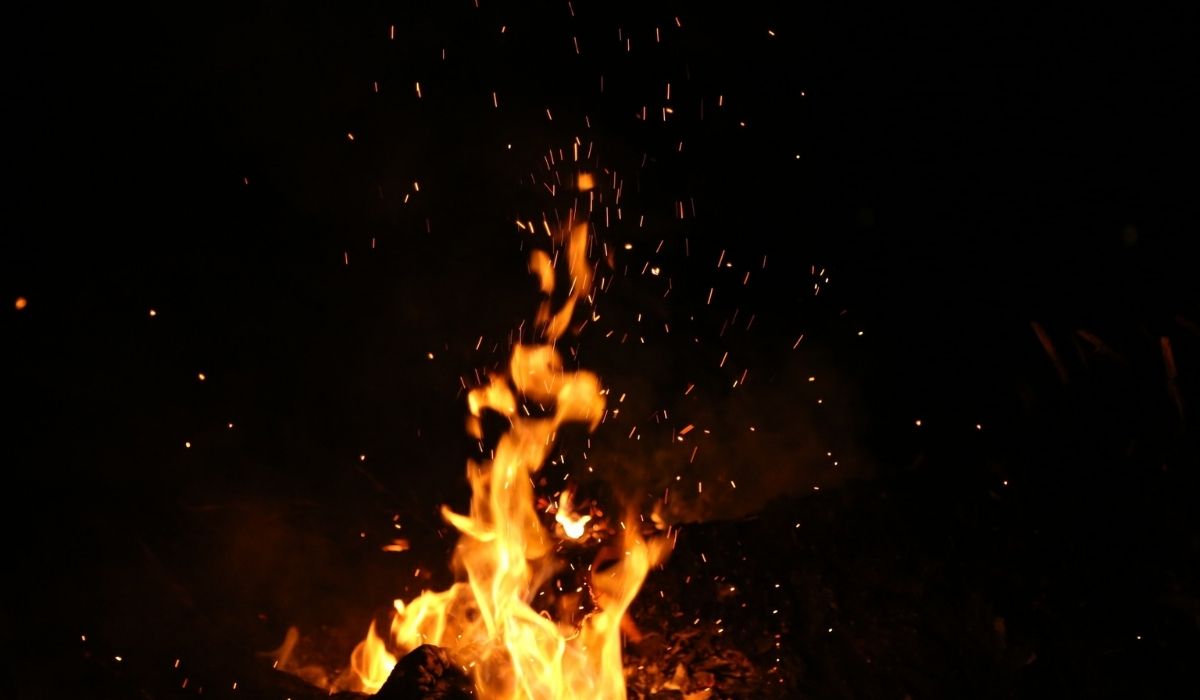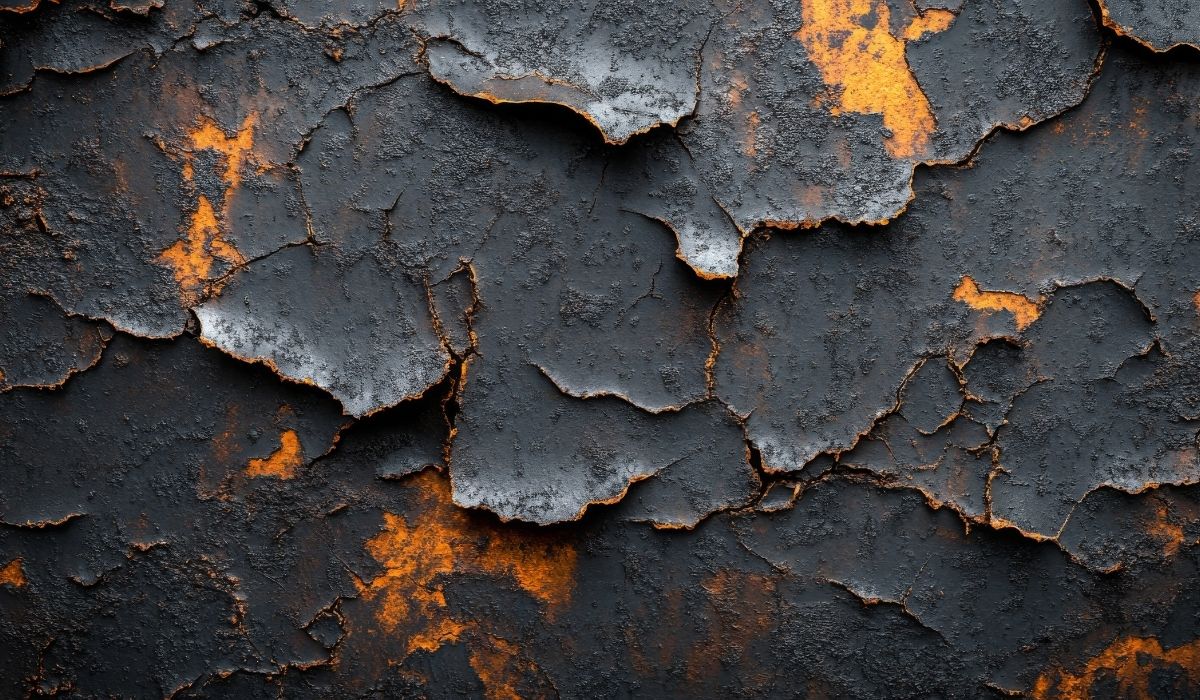When there’s a fire, we often worry about our homes, lungs, and the people we love. But did you know smoke from a fire can also hurt your eyes? Yes, the tiny particles in smoke can cause irritation, make your eyes red, itchy, or even damage them if you’re not careful. This happens in wildfires, house fires, or even from smoke in the air around your neighborhood.
In this guide, we’ll explain how smoke affects your eyes, what signs to look for, and how to stay safe. It’s written just for you—simple and easy to understand. Let’s get started!
How Smoke Affects the Eyes
Smoke from combustion (burning stuff) is full of tiny things called particulates. These can come from wood, plastic, dust, or other materials. When you’re near a fire or breathing smoky air, these particulates can float into your cornea—the clear front part of your eye—and cause big problems.
Irritation and Redness
One of the first signs of eye trouble from smoke is irritation. Your eyes might get red, dry, or feel like something is stuck in them. This happens because the conjunctiva—the clear lining over your eye—gets inflamed. Doctors call this conjunctivitis, but you may know it as “pink eye.”
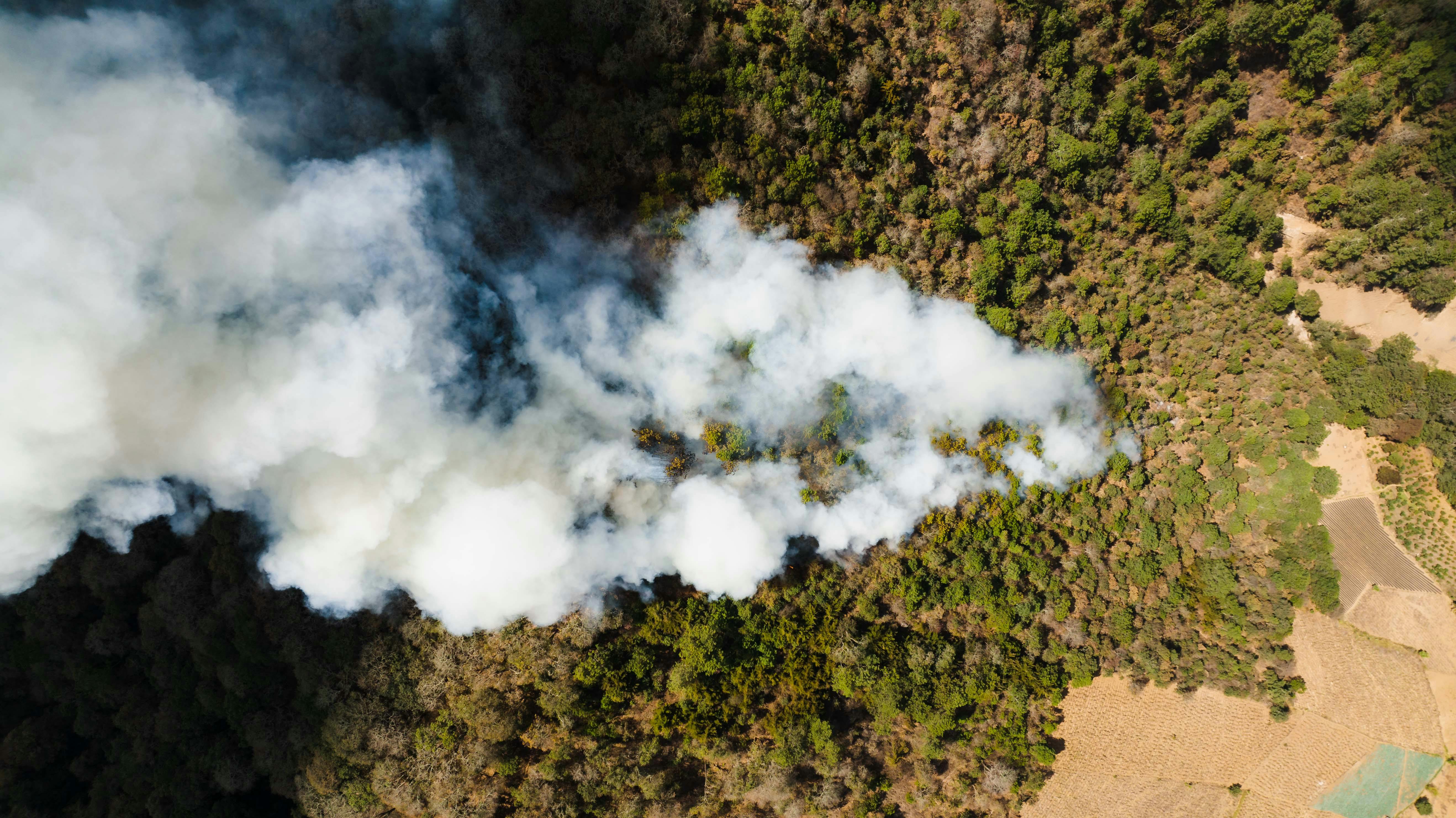
Tears and Itching
Sometimes your eyes try to wash out the smoke by making more tears. Other times, they don’t make enough tears, and your eyes get dry. This dryness can cause itch, eye strain, and even blurred vision.
Inflammation and Disease Risk
Long exposure to smoke can cause more than a little redness. It may lead to inflammation or raise your risk for eye disease. People with asthma, allergies, or other problems with their respiratory system can be extra sensitive to smoke. And don’t forget: your eyes are connected to your whole body, including your lungs!
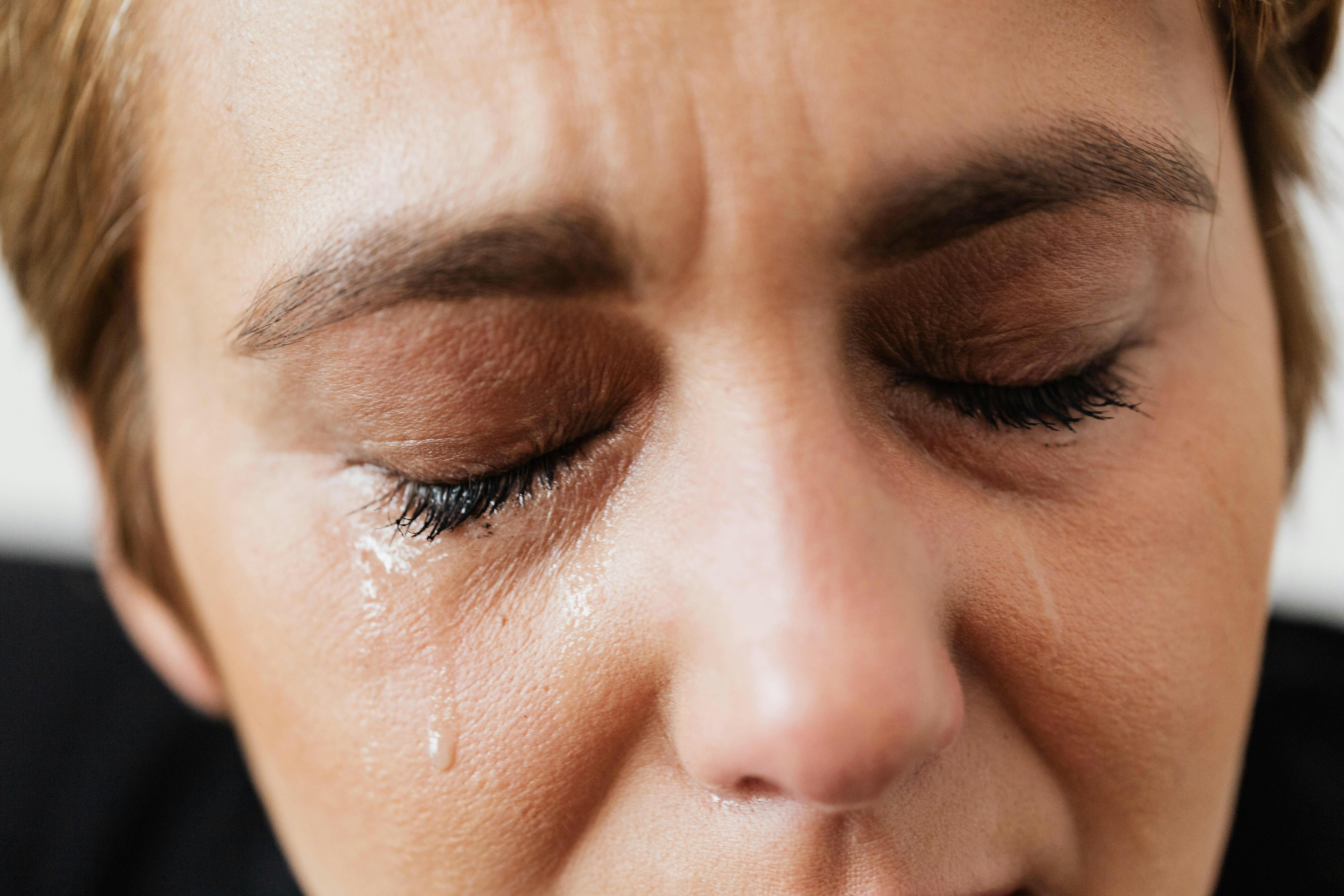
Eye Safety During Wildfires
If there’s a wildfire in your area, your eyes need protection just like your lungs do. Eye protection can stop harmful dust, smoke, and chemicals from getting into your eyes. Here are some smart things to do:
Wear sunglasses or goggles to keep particles out
Stay indoors and keep windows shut
Use a HEPA air filter to clean the air inside
Run a humidifier to help with evaporation and keep your eyes moist
Avoid rubbing your eyes—it makes things worse!
When to See an Eye Doctor
If your eyes hurt for more than a day or feel worse over time, it’s time for a checkup. You might need an eye examination to see if there’s damage. An optometrist or ophthalmologist can help. These are experts in optometry and ophthalmology who can check your visual acuity, look at your lens, and even do scans like optical coherence tomography to see deep into the eye.
Common Eye Problems from Smoke
Here are some of the things a physician might find:
Conjunctivitis (red, itchy eyes)
Dry eyes from low tear production
Scratches on the cornea
Trouble seeing clearly, like farsightedness, presbyopia, or astigmatism
Sometimes people need therapy or eye surgery like LASIK or laser treatment to fix damage caused by irritation or injury. These procedures are done at special eye safety clinics.
Protecting Your Eyes Long-Term
Even if there’s no fire, smoke can still be in the air due to air pollution or poor indoor air quality. This can be a mix of matter like dust, carbon, and chemical protein bits that harm your eyes slowly over time.
Here’s how to lower your risk:
Keep air filters clean
Use artificial tears when your eyes feel dry
Wear protective glasses outside during smoky days
Stay away from smoky areas during fire season
Follow tips from health groups like the Centers for Disease Control and Prevention (CDC) or the American Optometric Association
How Canada Handles Wildfire Smoke
In countries like Canada, wildfires are common during summer. Health experts share safety tips like staying indoors, using air filters, and wearing eye protection to avoid smoke-related eye problems. These are smart tips to follow anywhere!
Kids and Seniors: Higher Risk for Eye Damage
Children and older adults have more sensitive eyes. Their immune systems, lungs, and eyes react more strongly to smoke. Keep an eye on them (no pun intended!) and make sure they wear sunglasses, use humidifiers, and stay indoors when air quality is bad.
Can Smoke Cause Permanent Eye Damage?
It can. If the conjunctiva or cornea gets badly hurt or if smoke changes your eye lens, you might have blurry vision or trouble focusing. Serious cases might need therapy, laser treatment, or lasik eye surgery.
But the good news? Most problems go away with proper care and rest.
What to Do in a Fire Emergency
If you are in an emergency, protect your eyes as you would your lungs:
Cover your eyes with goggles
Use a wet cloth over your mouth and nose
Move to a safe, clean air location
Use artificial tears to rinse smoke from your eyes
Visit a doctor or eye care center afterward
Why Eye Exams Matter
Regular eye exams help keep your vision strong. Doctors can look at your blood vessels, test visual acuity, and check if your lens or conjunctiva is damaged. If you’ve been around a lot of smoke, getting checked is very smart.
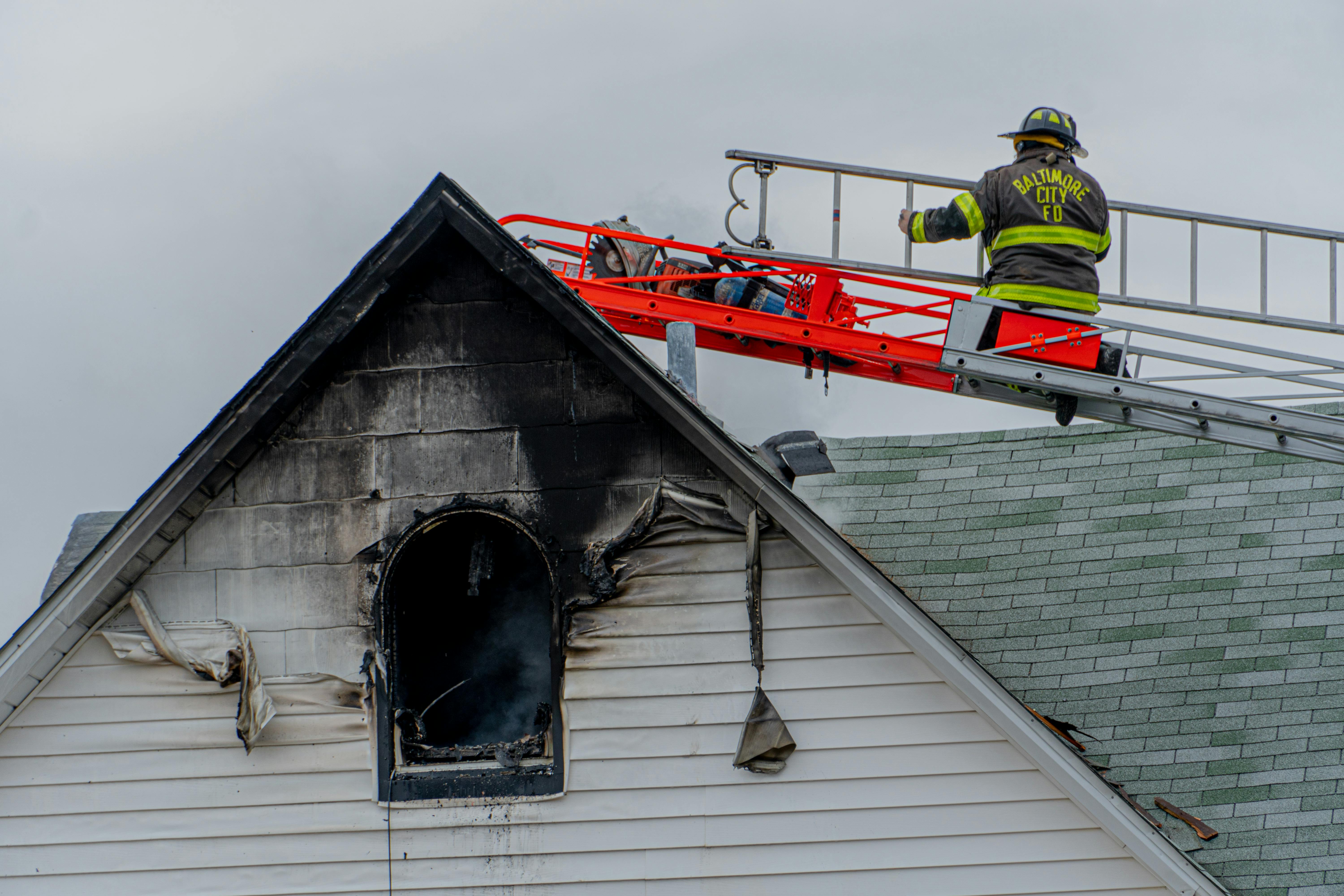
FAQs: Can Smoke from Fire Damage Your Eyes?
1. Can wildfire smoke really hurt my eyes?
Yes! Wildfires release particulates that irritate your cornea and conjunctiva, leading to redness, dryness, and even long-term problems.
2. What can I use to help my eyes during smoke exposure?
Use artificial tears, wear protective eyewear like goggles, and stay indoors with a HEPA air filter and humidifier running.
3. How do I know if my eyes are seriously damaged?
If your eyes stay red, itchy, or blurry for more than a day, see an optometrist or ophthalmologist for an eye exam.
4. Can kids be affected by smoke more than adults?
Yes, children have sensitive eyes and may rub them often. Make sure they wear eye protection and stay indoors when air quality is poor.
5. What is the best way to prevent smoke damage to eyes?
Stay informed, use sunglasses, keep indoor air clean, avoid rubbing your eyes, and visit your eye doctor for regular checkups.
Stay Safe and Protect Your Eyes
Smoke from fires isn’t just bad for your lungs—it’s bad for your eyes too. Use eye protection, watch for signs of irritation, and get help when needed. Your eyes are precious. Whether you’re in Canada, the U.S., or anywhere else, staying informed and prepared can protect your vision for life.
Let’s keep our eyes safe—together!
Visit your nearby local emergency responder or contact us today for more information.


